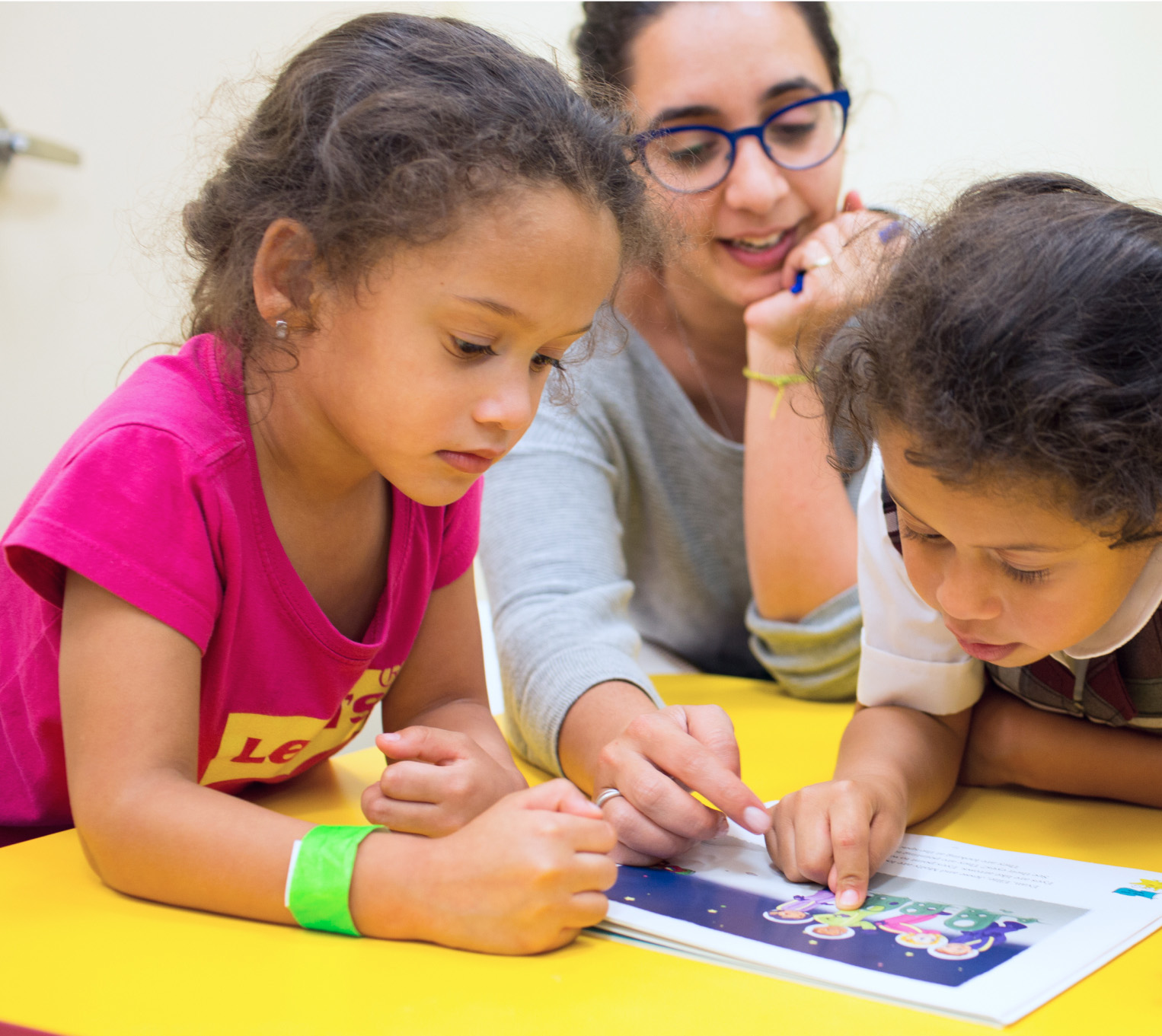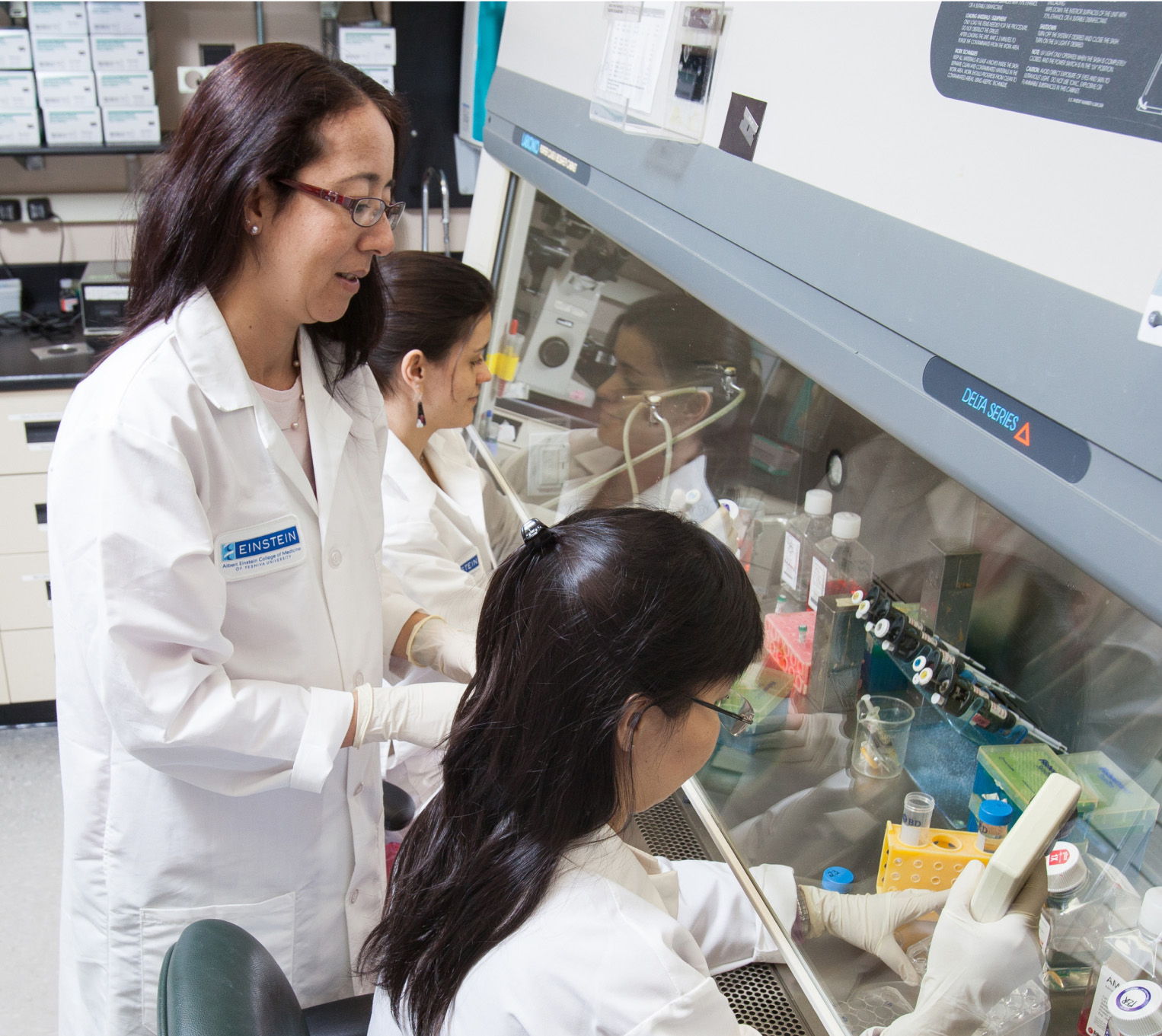Our Approach
The Montefiore Einstein Center for Autism and Communication Disorders offers state of the art diagnostic, psychological, and neuropsychological evaluations and innovative intervention services for people, ages 5 through adult, with autism spectrum disorders and other developmental disabilities, and their families.
Our ground-breaking research partnerships and initiatives have established Montefiore Einstein as thought leaders and stewards of the latest treatments for Autism to the widest patient population possible.

The SOS Program
The SOS Program seeks to develop appropriate social skills in high-functioning, verbal children with ASD. The program also broadly promotes tolerance of individual differences and a stronger sense of fairness while encouraging greater inclusion of children with differences into regular school settings. SOS empowers school staff with a social skills curriculum that addresses the needs of children and adolescents with ASD in their schools.

CAAPABLE
CAAPABLE (Comprehensive Adolescent/Adult Preparation for a Better Life Experience) is designed to prepare and support adolescents and adults with ASD in establishing independent lives.
A core component of CAAPABLE is the Prosody Project, which aids the development of stress and intonation in speech as well as non-verbal communication such as the use of the eyes and gestures. Impaired prosody is one of the most signficant obstacles to social and professional integration. The ultimate goal of the Prosody Project is to open up social and employment opportunities that might not otherwise be available to individuals with ASD.

Innovation into Action
Our expert group of psychiatrists, psychologists, and investigators consider our patients as partners in growing the knowledge base for our field. Together we seek to translate basic neuroscience discoveries into innovative clinical treatments for children and adults with autism.

Our Collaborators
Our program actively collaborates with the Montefiore Einstein Institute for Clinical and Translational Research (ICTR) and other clinical investigators at Montefiore Einstein. We have received funding from the following organizations:
Cannabidivarin (CBDV) vs. Placebo in Children with Autism Spectrum Disorder (ASD)
This study aims to examine the efficacy and safety of cannabidivarin (CBDV) with a primary aim of studying its effect on irritability in children with ASD.
Study Design
This is a 12-week randomized, double-blind study of CBDV vs. placebo in 100 child and adolescent subjects aged 5 to 18 years with a diagnosis of ASD.
Intranasal Oxytocin vs. Placebo in Children with Prader-Willi Syndrome (PWS)
The primary goal of this study is to examine the safety and efficacy of IN-OXT on hyperphagia, as measured by the Hyperphagia Questionnaire-Clinical Trails.
Study Design
This is an 8-week double-blind, randomized study in 50 children with PWS aged 5-17. Participation involves 5 in-person visits to our program and two telephone-call visits. Clinical Trials
aV1ation: A Study to Investigate the Efficacy and Safety of Balovaptan in Participants with Autism Spectrum Disorder (ASD)
Balovaptan is a drug that drug blocks a hormone receptor (vasopressin 1a) in the brain that is linked to socialization, stress, anxiety, and aggression. Balovaptan has the potential to be the first pharmacotherapy to help improve core socialization and communication symptoms of ASD, and it has been granted Breakthrough Therapy Designation by the FDA.
Study Design
This is a multi-center, randomized, double-blind, 24-week study to investigate the efficacy, safety, and pharmacokinetics of Balovaptan in children and adolescents aged 5-17 years with ASD who are high functioning (IQ >=70). After the participant completes the 24-week double-blind phase of the study, he/she will have the option to receive Balovaptan in open treatment for 52 weeks.
oRBiting: A Study to Evaluate Scales for Repetitive and Restricted Behaviors in Children, Adolescents, and Adults With Autism Spectrum Disorder (ASD)
This study is observational and seeks to characterize different scales to measure repetitive and restricted behaviors in different ASD subpopulations over time. The study will also explore the use of digital biomarkers. The results from this study will inform the planning and setup of subsequent drug interventional studies in programs aimed to treat restrictive and repetitive behaviors in ASD.
Study Design
This is a 12-week study that includes 4 in-person visits to our program. The participant will also receive a smartwatch and a smartphone. The smartwatch will be used to monitor repetitive movements that the participant may exhibit. The smartphone will be used at home to play games that assess cognition, social skills, and speech.
Current Studies
Our program is located on the Moses Campus of Montefiore Medical Center. In the upcoming year, we will be moving to the Psychiatry Research Institute at Montefiore Einstein (PRIME) in the Van Etten Building at the Albert Einstein College of Medicine.
6 Executive Plaza
Suite 297
Yonkers, NY 10552
(914) 375-4898
mdunn@montefiore.org

Donate
With your help, we can make a real difference in the lives of young people living with ASD. Thank you, in advance, for your generosity.